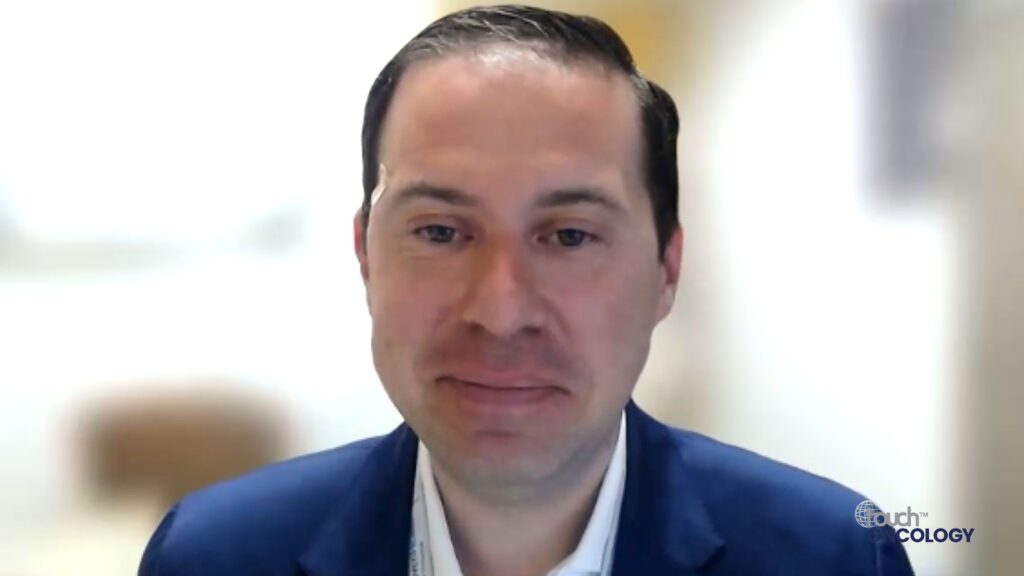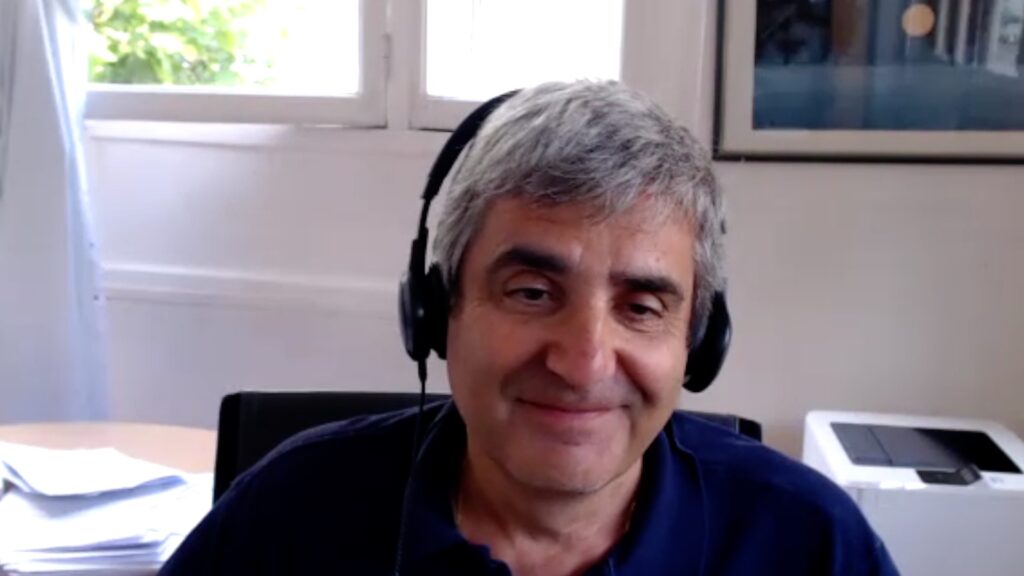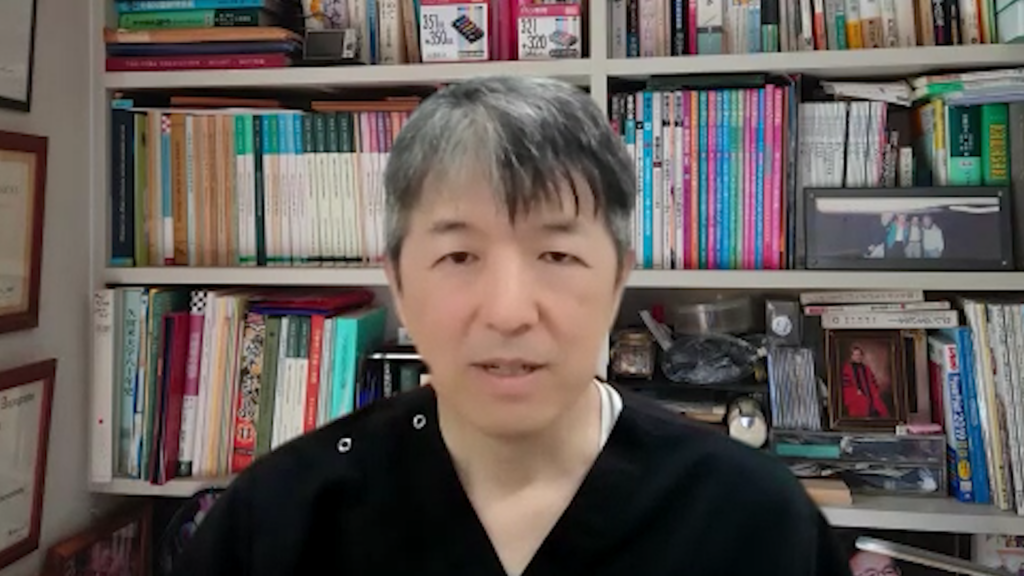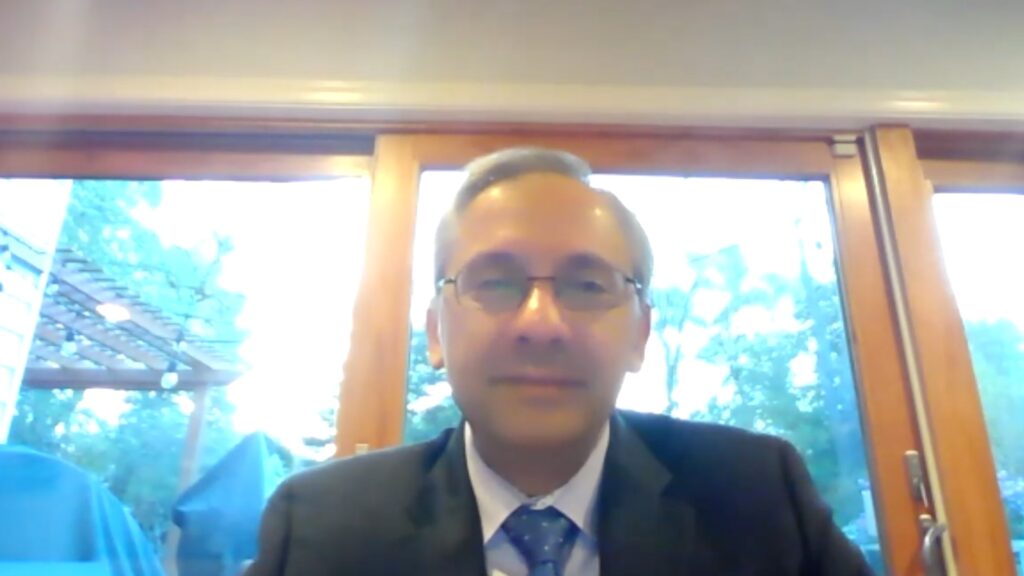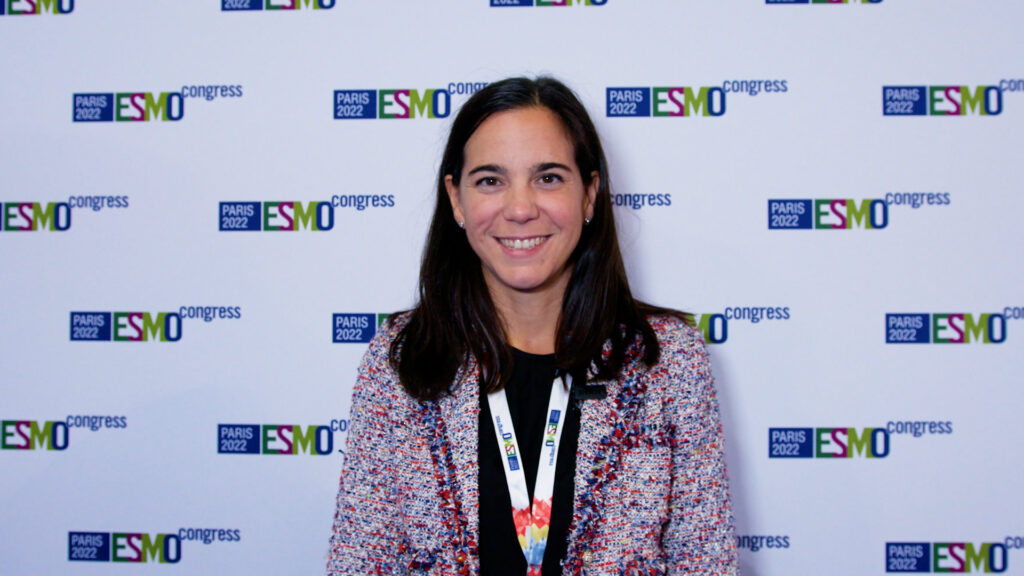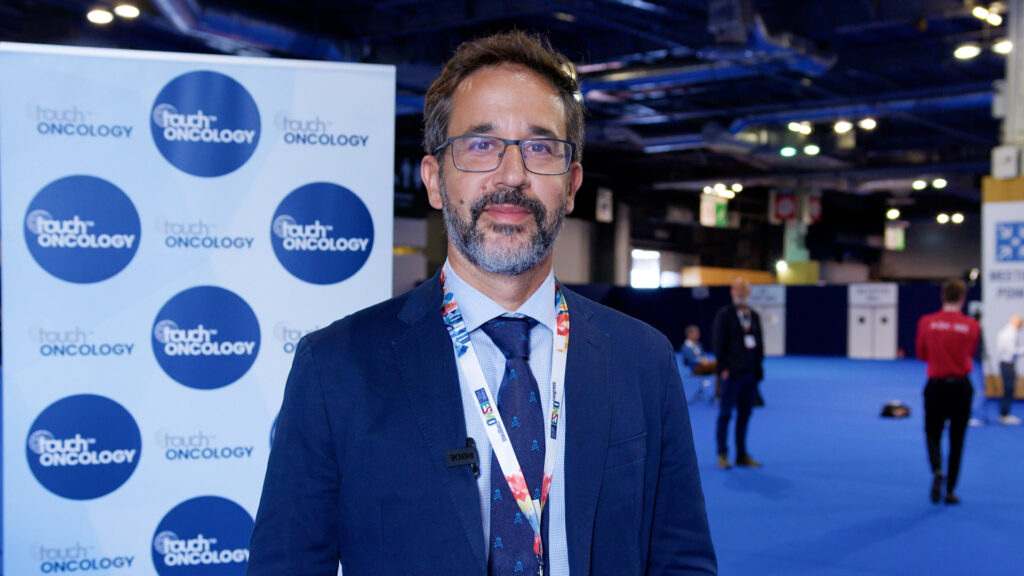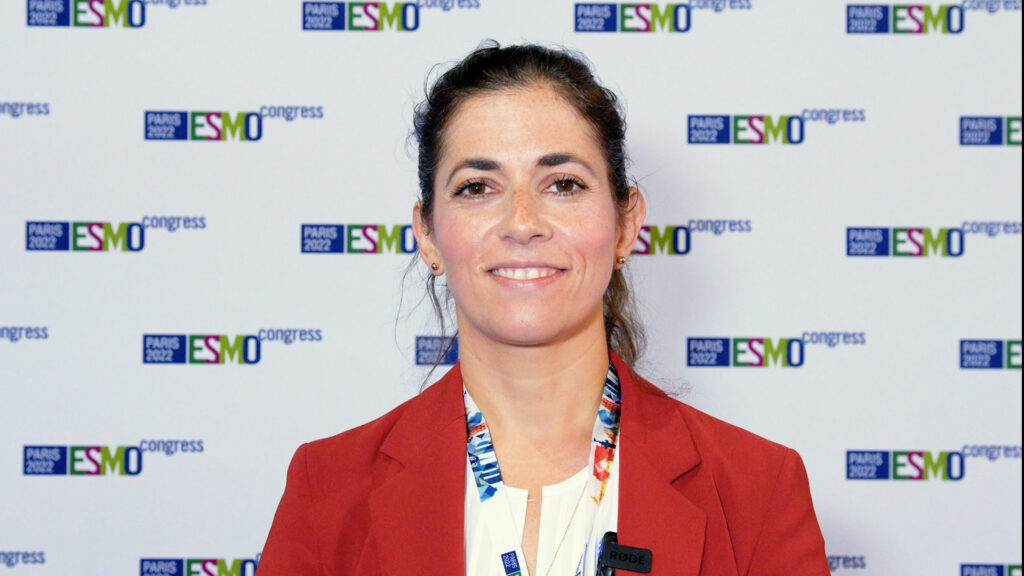Hepatocellular carcinoma (HCC) is the sixth most common cancer worldwide, and a leading cause of cancer death.1 There were over 840,000 new cases in 2018, with the majority in Asia and almost half in China.2 The disease is asymptomatic in its early stages and consequently, most patients in countries without screening programmes are diagnosed at advanced stages when the disease is not curable.3 There is currently only one approved therapy, sorafenib (Nexavar®, Bayer/Onyx Pharmaceuticals, Reading, UK) – a vascular endothelial growth factor (VEGF) inhibitor – for unresectable HCC, but its use is limited by severe side effects and it only prolongs survival by a few months.4 Despite considerable research into the development of HCC-targeted medications, the prognosis for unresectable HCC remains poor, with an overall median survival of 9 months, and a 1-year survival rate of less than 50% following diagnosis.5 Therefore effective treatment strategies are an important unmet need.
The use of immune checkpoint inhibitors has revolutionised the treatment of solid tumours. A number of anti-programmed cell death 1 (PD-1) antibodies and anti-programmed death-ligand 1 (PD-L1) antibodies have been investigated in this treatment setting, with many ongoing. However, to date, inhibition of either PD-L1/PD-1 has only shown limited efficacy in HCC.6 Earlier this year, data from the CheckMate 459 study showed that nivolumab (Opdivo®, Bristol-Myers Squibb, New York, NY, USA) used as first-line treatment in patients with advanced HCC did not show a significant difference in overall survival (OS) compared with sorafenib.7
The addition of bevacizumab, a VEGF inhibitor, to atezolizumab (Tecentriq®, F. Hoffmann–La Roche/Genentech, South San Francisco, CA, USA), an anti-PD-L1 agent, has been found to enhance the efficacy of atezolizumab by reversing VEGF-mediated immunosuppression and promoting T-cell infiltration into the tumour microenvironment.8 This combination has been found to be beneficial in the treatment of patients with renal cell carcinoma 9 and non-small cell lung cancer,10 and it has an acceptable safety profile. A phase Ib trial showed that the combination had a tolerable safety profile, as well as high and durable objective responses, in patients with HCC.6
Results of the phase III IMbrave150 study, which investigated atezolizumab in combination with bevacizumab (Avastin®, Genentech, Inc.), were presented at the European Society for Medical Oncology (ESMO) Asia Congress 2019 on 23 November 2019 in Singapore,11 and were greatly anticipated. The study enrolled 501 patients in Asia, Europe and North America, who had not received prior systemic therapy for HCC. Of these, 336 patients were treated with intravenous (i.v.) atezolizumab (1200 mg) plus bevacizumab (15 mg/kg i.v.) every 3 weeks, and 165 patients received sorafenib (400 mg) twice daily. Treatment was continued until there was unacceptable toxicity or loss of clinical benefit.11
At a median follow-up of 8.6 months, the median OS was not estimable (NE) in patients in the combined treatment arm, and was 13.2 months (95% confidence interval [CI], 10.4–NE) in patients receiving sorafenib (hazard ratio [HR] 0.58; 95% CI, 0.42–0.79; p=0.0006). The median progression-free survival was 6.8 months (95% CI, 5.7–8.3) in the combination arm versus 4.5 (95% CI, 4.0–5.6) with sorafenib (HR 0.59 (95% CI, 0.47–0.76; p<0.0001). The overall response rate (ORR) was 27% versus 12% (p<0.0001) by independent-review-facility-assessed RECIST v1.1, in the combined therapy and sorafenib groups, respectively. A similar increase in ORR was seen using HCC-specific response criteria (33% versus 13%, p<0.0001). Patients receiving atezolizumab plus bevacizumab reported delayed deterioration in quality of life compared to those receiving sorafenib. Results were generally consistent across all the clinical subgroups evaluated. The median duration of treatment was 7.4 months with the combination and 2.8 months for sorafenib.11
The safety of the combined therapy was consistent with the known safety profile of each agent, and no new safety signals were identified. Among patients receiving atezolizumab plus bevacizumab, 57% of patients reported grade 3–4 adverse events (AEs), and 55% of patients receiving sorafenib had a grade 3–4 AE. The frequency of grade 5 AEs was also similar at 5% and 6%, respectively.11
In a press release, lead author Ann-Lii Cheng, Director of the National Taiwan University Cancer Center, Taipei, Taiwan, commented: ‘This is the first study in 11 years to show an improvement in survival with a new first-line treatment option compared to sorafenib, which has been the standard of care throughout this time. Atezolizumab plus bevacizumab has the potential to be a practice-changing treatment option in hepatocellular carcinoma’.12
It is clear that these findings represent a breakthrough in the treatment of advanced HCC. The study was well-designed, with a large sample size, a clinically meaningful endpoint, and an assessment of response both by a central reviewer and based on the intention-to-treat population. At present, the data are relatively immature, with longer-term follow-up needed to fully assess the OS benefit. Nevertheless, this combination has the potential to become the new standard of care for patients with advanced HCC, providing the high cost of treatment does not limit its access.
Findings from the IMbrave150 study will be submitted to regulatory authorities, including the FDA, European Medicines Agency, and the China National Medical Products Administration, according to a press release from Roche. Levi Garraway, MD, PhD, Roche Chief Medical Officer and Head of Global Product Development, commented: ‘Tecentriq in combination with Avastin could transform the treatment of this aggressive disease, and we are working closely with global health authorities in the hope of bringing this treatment option to patients as soon as possible’.13
The next steps in the clinical development of this potent combined therapy will be eagerly awaited, with ongoing and planned phase III trials in lung, genitourinary, skin, breast, gastrointestinal, gynaecological, and head and neck cancers. An ongoing phase III study is also investigating the combination of atezolizumab plus cabozantinib (CometriqÒ, Exelixis, Inc., South San Francisco, CA, USA) – a small molecule multi-kinase inhibitor – in patients with previously untreated advanced HCC (NCT03755791). The study is estimated to be completed in August 2020.
In the coming years, it seems likely that combined treatments involving immune checkpoint inhibitors will transform the therapeutic landscape of HCC, offering new hope to patients who currently have limited treatment options.
Support: No funding was received in the publication of this Insight article.
Published: 4 December 2019
References
- Bray F, Ferlay J, Soerjomataram I, et al. Global cancer statistics 2018: GLOBOCAN estimates of incidence and mortality worldwide for 36 cancers in 185 countries. CA Cancer J Clin. 2018;68:394–424.
- Blackhall FH, Peters S, Bubendorf L, et al. Prevalence and clinical outcomes for patients with ALK-positive resected stage I to III adenocarcinoma: results from the European Thoracic Oncology Platform Lungscape Project. J Clin Oncol. 2014;32:2780–7.
- Ryder SD. Guidelines for the diagnosis and treatment of hepatocellular carcinoma (HCC) in adults. Gut. 2003;52(Suppl.3:iii):1–8.
- Kane RC, Farrell AT, Madabushi R, et al. Sorafenib for the treatment of unresectable hepatocellular carcinoma. Oncologist. 2009;14:95–100.
- Giannini EG, Farinati F, Ciccarese F, et al. Prognosis of untreated hepatocellular carcinoma. Hepatology. 2015;61:184–90.
- Lee K, Hau C, Lee MS, et al. Atezolizumab + bevacizumab in hepatocellular carcinoma (HCC): safety and clinical activity results from a Phase Ib study. Ann Oncol. 2018;29(Suppl.9):ix46–ix66.
- Yau Y, Park JW, Finn RS, et al. CheckMate 459: A randomized, multi-center phase 3 study of nivolumab (NIVO) vs sorafenib (SOR) as first-line (1L) Treatment in patients (pts) with advanced hepatocellular carcinoma (aHCC). Ann Oncol. 2019;30(Suppl. 5):v851–v934. .
- Wallin JJ, Bendell JC, Funke R, et al. Atezolizumab in combination with bevacizumab enhances antigen-specific T-cell migration in metastatic renal cell carcinoma. Nat Commun. 2016;7:12624.
- Rini BI, Powles T, Atkins MB, et al. Atezolizumab plus bevacizumab versus sunitinib in patients with previously untreated metastatic renal cell carcinoma (IMmotion151): a multicentre, open-label, phase 3, randomised controlled trial. Lancet. 2019;393:2404–15.
- Reck M, Mok TSK, Nishio M, et al. Atezolizumab plus bevacizumab and chemotherapy in non-small-cell lung cancer (IMpower150): key subgroup analyses of patients with EGFR mutations or baseline liver metastases in a randomised, open-label phase 3 trial. Lancet Respir Med. 2019;7:387–401.
- Cheng A-L, Qin S, Ikeda M, et al. IMbrave150: efficacy and safety results from a ph 3 study evaluating atezolizumab (atezo) + bevacizumab (bev) vs sorafenib (sor) as first treatment (tx) for patients (pts) with unresectable hepatocellular carcinoma (HCC). Ann Oncol. 30(Suppl. 9):LBA3.
- Kim D-W, Mehra R, Tan D S-W, et al. Ceritinib in advanced anaplastic lymphoma kinase (ALK)-rearranged (ALK+) non-small cell lung cancer (NSCLC): Results of the ASCEND-1 trial. J Clin Oncol. 2014;32:5s (Suppl.; abstr 8003).
- Salgia R, Soloman, BJ, Shaw AT. et al. Visual effects in anaplastic lymphoma kinase (ALK)-positive advanced non-small cell lung cancer (NSCLC) patients treated with crizotinib. J Clin Oncol. 2012;30


